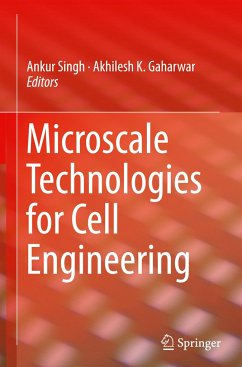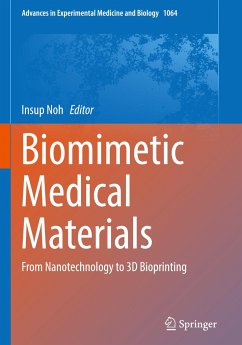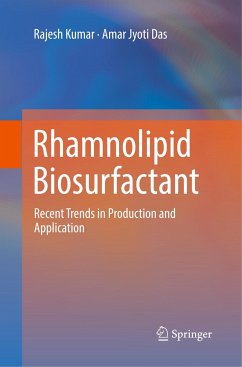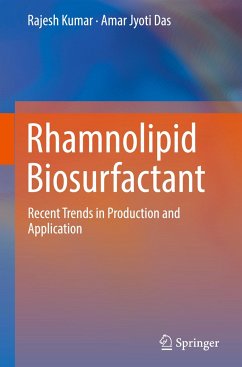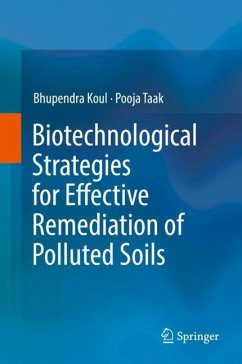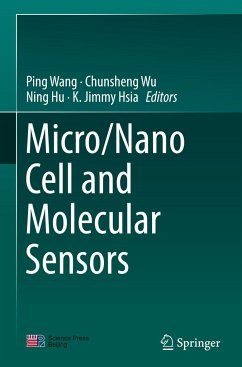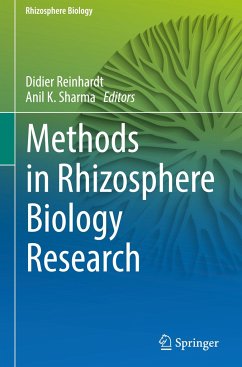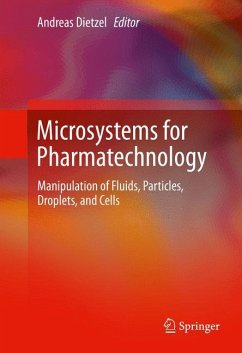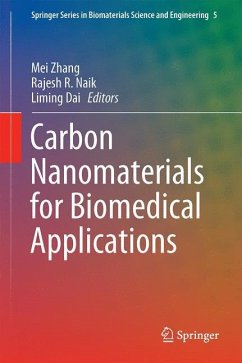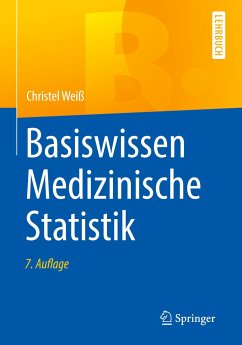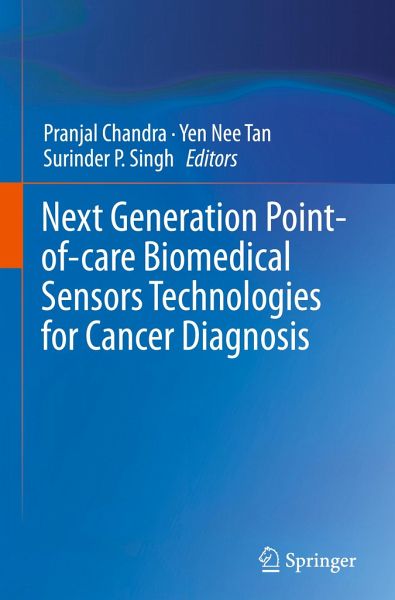
Next Generation Point-of-care Biomedical Sensors Technologies for Cancer Diagnosis

PAYBACK Punkte
56 °P sammeln!
This book presents recent research on cancer detection methods based on nanobiosensors, which offer ultrasensitive point-of-care diagnosis.Several methods for diagnosing cancer have been discovered and many more are currently being developed. Conventional clinical approaches to detecting cancers are based on a biopsy followed by histopathology, or on the use of biomarkers (protein levels or nucleic acid content). Biopsy is the most widely used technique; however, it is an invasive technique and is not always applicable. Furthermore, biomarker-based detection cannot be relied on when the biomar...
This book presents recent research on cancer detection methods based on nanobiosensors, which offer ultrasensitive point-of-care diagnosis.
Several methods for diagnosing cancer have been discovered and many more are currently being developed. Conventional clinical approaches to detecting cancers are based on a biopsy followed by histopathology, or on the use of biomarkers (protein levels or nucleic acid content). Biopsy is the most widely used technique; however, it is an invasive technique and is not always applicable. Furthermore, biomarker-based detection cannot be relied on when the biomarkers are present in an extremely low concentration in the body fluids and in malignant tissues.
Thus, in recent years highly sensitive and robust new cancer diagnosis techniques have been developed for clinical application, and may offer an alternative strategy for cancer diagnosis. As such, this book gathers the latest point-of-care cancer diagnostic methods and protocols based on biomedical sensors, microfluidics, and integrated systems engineering. It also discusses recent developments and diagnostics tests that can be conducted outside the laboratory in remote areas. These technologies include electrochemical sensors, paper-based microfluidics, and other kit-based diagnostic methods that can be adapted to bring cancer detection and diagnostics to more remote settings around the globe.
Overall, the book provides students, researchers, and clinicians alike a comprehensive overview of interdisciplinary approaches to cancer diagnosis.
Several methods for diagnosing cancer have been discovered and many more are currently being developed. Conventional clinical approaches to detecting cancers are based on a biopsy followed by histopathology, or on the use of biomarkers (protein levels or nucleic acid content). Biopsy is the most widely used technique; however, it is an invasive technique and is not always applicable. Furthermore, biomarker-based detection cannot be relied on when the biomarkers are present in an extremely low concentration in the body fluids and in malignant tissues.
Thus, in recent years highly sensitive and robust new cancer diagnosis techniques have been developed for clinical application, and may offer an alternative strategy for cancer diagnosis. As such, this book gathers the latest point-of-care cancer diagnostic methods and protocols based on biomedical sensors, microfluidics, and integrated systems engineering. It also discusses recent developments and diagnostics tests that can be conducted outside the laboratory in remote areas. These technologies include electrochemical sensors, paper-based microfluidics, and other kit-based diagnostic methods that can be adapted to bring cancer detection and diagnostics to more remote settings around the globe.
Overall, the book provides students, researchers, and clinicians alike a comprehensive overview of interdisciplinary approaches to cancer diagnosis.



